Country music, often perceived as the quintessential sound of rural America, has a rich and complex history deeply intertwined with the experiences of African Americans. While the genre has long been associated with white, Southern culture, the contributions of African Americans to country music have been significant and enduring. This article explores the historical journey of African Americans in country music, from its roots in the antebellum South to the present day, culminating in the groundbreaking release of Beyoncé’s “Cowboy Carter” album.
Antebellum Origins: The Influence of African Musical Traditions
The roots of country music can be traced back to the antebellum South, where African slaves played a crucial role in shaping the musical landscape of the region. Despite enduring unimaginable hardships under the institution of slavery, African Americans preserved their cultural heritage through music, blending traditional African rhythms with European musical styles.
One of the earliest forms of American folk music to emerge from this cultural fusion was the “banjo,” an instrument of West African origin. Introduced to the Americas by enslaved Africans, the banjo became an integral part of Appalachian and Southern musical traditions, laying the foundation for what would later be recognized as country music.
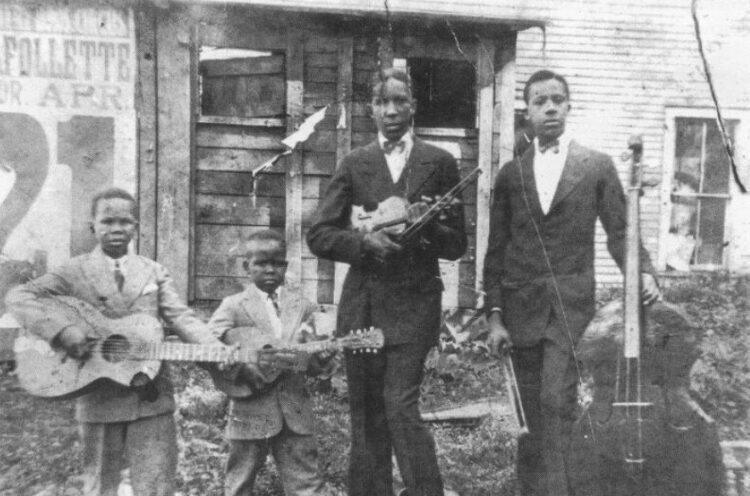
Emancipation and Reconstruction: The Rise of African American Musicians
With the end of slavery and the onset of Reconstruction, African Americans began to assert themselves more prominently in the realm of music. Freed from the shackles of bondage, many former slaves embraced newfound opportunities for artistic expression, often incorporating elements of their cultural heritage into their music.
During this period, African American musicians played a pivotal role in popularizing genres such as blues, gospel, and ragtime, all of which would exert a profound influence on the development of country music. Artists like Blind Lemon Jefferson, Lead Belly, and Ma Rainey captivated audiences with their soulful melodies and emotive performances, paving the way for future generations of African American musicians in the country music scene.
The Birth of Country Music: African American Influences
As the 20th century dawned, the burgeoning recording industry provided a platform for a diverse array of musical styles to reach a wider audience. In the rural South, where poverty and isolation were rampant, African American and white musicians alike found common ground in their shared musical traditions, giving rise to the genre that would come to be known as country music.
One of the earliest country music pioneers with African American roots was the legendary blues guitarist and singer, Charley Patton. Born to a mixed-race family in Mississippi, Patton’s raw, impassioned performances resonated with audiences across racial lines, earning him recognition as one of the most influential figures in early country music history.
Throughout the 1920s and 1930s, African American artists continued to make significant contributions to the country music landscape. Acts like the Mississippi Sheiks, a popular string band featuring African American fiddler Lonnie Chatmon, helped to popularize the genre with their infectious rhythms and spirited performances.
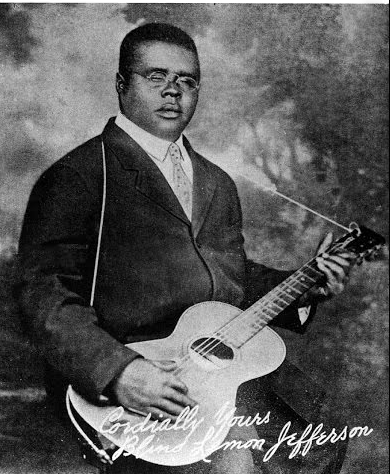

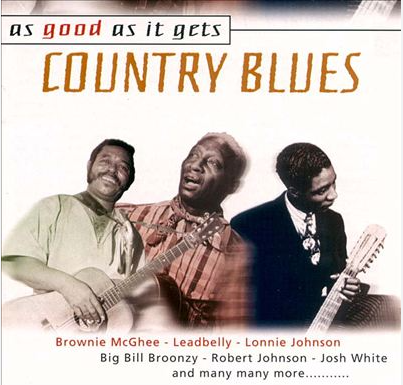

Segregation and the Jim Crow Era: Challenges and Triumphs
Despite their undeniable talent and contributions to country music, African American musicians faced pervasive discrimination and segregation throughout much of the 20th century. In the Jim Crow South, racial tensions ran high, and the music industry was no exception to the prevailing attitudes of the time.
Many African American artists were relegated to the margins of the country music scene, forced to perform in segregated venues and excluded from mainstream radio airplay. Despite these obstacles, however, they persevered, finding creative ways to share their music with audiences eager for authentic, heartfelt performances.
One such trailblazer was DeFord Bailey, the first African American artist to appear on the Grand Ole Opry, the venerable radio show that served as a launching pad for countless country music careers. Bailey’s virtuosic harmonica playing earned him widespread acclaim, transcending racial barriers and paving the way for future generations of African American artists in the genre.
Civil Rights and Cultural Revolution: The Changing Face of Country Music
The civil rights movement of the 1950s and 1960s brought about profound social and cultural changes in America, challenging long-standing notions of racial segregation and inequality. As the country grappled with issues of race and identity, the music industry began to reflect a more diverse and inclusive vision of American society.
Against this backdrop of social upheaval, African American artists continued to make their mark on the country music scene. Icons like Ray Charles and Charley Pride defied stereotypes and shattered barriers, earning widespread acclaim and recognition for their contributions to the genre.
In 1969, Charley Pride made history as the first African American artist to win the Country Music Association’s coveted “Entertainer of the Year” award, a groundbreaking achievement that helped to pave the way for future generations of African American musicians in country music.
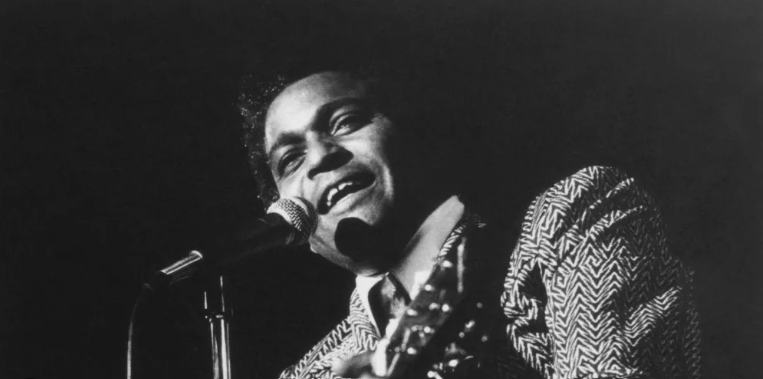
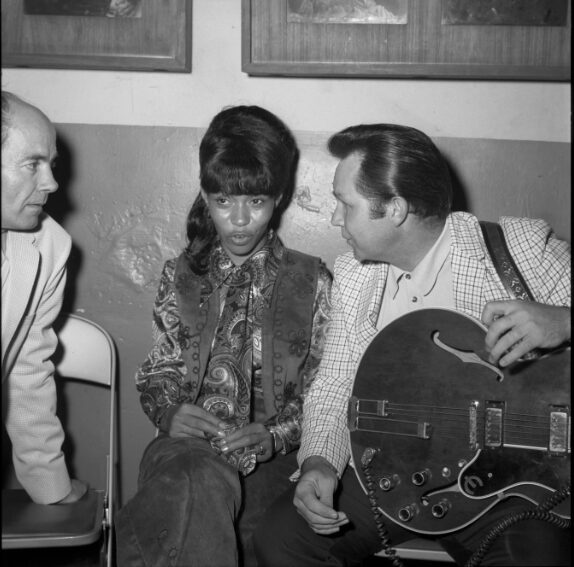
Prominent Female African American Country Artists
In addition to male artists, female African American musicians have also played a significant role in shaping the country music landscape. Women like Linda Martell, who became the first African American woman to perform at the Grand Ole Opry in 1969, broke down barriers and paved the way for others to follow in their footsteps.
Another trailblazer was Odetta, often referred to as the “Voice of the Civil Rights Movement,” whose powerful interpretations of folk and blues classics inspired generations of musicians, including many in the country music genre.
Contemporary Perspectives: Beyoncé’s “Cowboy Carter” and the Legacy of African American Country Music
Fast forward to the present day, and the influence of African Americans on country music remains as strong as ever. In 2024, Grammy Award-winning artist Beyoncé Knowles-Carter released her highly anticipated album, “Cowboy Carter,” a bold and innovative exploration of the intersection between country music and African American culture.
Drawing inspiration from her own Southern roots and musical influences, Beyoncé’s “Cowboy Carter” pays homage to the rich legacy of African American country music pioneers while pushing the genre in exciting new directions. From the infectious rhythms of “Yeehaw Yoncé” to the soulful balladry of “Delta Blues,” the album showcases Beyoncé’s versatility as an artist and her deep connection to the country music tradition.
In many ways, “Cowboy Carter” represents the culmination of a long and storied history of African American involvement in country music. By embracing and reimagining the genre’s cultural heritage, Beyoncé reaffirms the enduring relevance and vitality of country music in the 21st century.
The story of African Americans in country music is a testament to the power of music to transcend boundaries and bring people together across racial and cultural divides. From the plantation fields of the antebellum South to the global stage of the modern music industry, African American artists have played a central role in shaping the country music landscape, enriching the genre with their unique voices and experiences.
As we celebrate the release of Beyoncé’s “Cowboy Carter” album and the continued evolution of country music, it is essential to recognize and honor the contributions of African American musicians past and present. Their legacy serves as a reminder of the enduring power of music to inspire, uplift, and unite us in our shared humanity.








